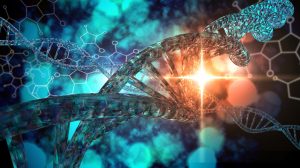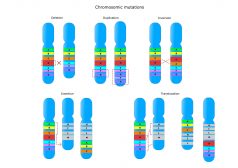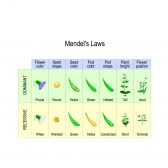Definition
noun, plural: holocentric chromosomes
A chromosome in which the entire length of the chromosome seems to act as a centromere
Supplement
The centromere is the dense, constricted region in a chromosome. It contains highly-specialized repetitive DNA sequences (e.g. satellite DNA) that are packaged into heterochromatin. The centromere serves as the site for kinetochore assembly and therefore it is essential during the alignment of the chromosomes at the metaphase plate and the subsequent segregation of chromosomes during cellular division. The presence of the centromere results in the characterization of the chromosomal arms. The arm that is relatively shorter is called p whereas the one that is longer is called q. Based on the position of the centromere, the chromosome may be described as metacentric, submetacentric, acrocentric, telocentric, subtelocentric, and holocentric.
A holocentric chromosome is a chromosome wherein the centromere seems to be the entire chromosome. It is because during mitosis the microtubules attach to a holocentric chromosome along its entire length. In humans, there are no holocentric chromosomes. Nevertheless, this type of chromosome is found in the cells of many animals and plants.1
See also:
Reference(s):
1 Dernburg, A. F. (2001). “Here, There, and Everywhere: Kinetochore Function on Holocentric Chromosomes”. The Journal of Cell Biology, 153 (6): F33–8.







